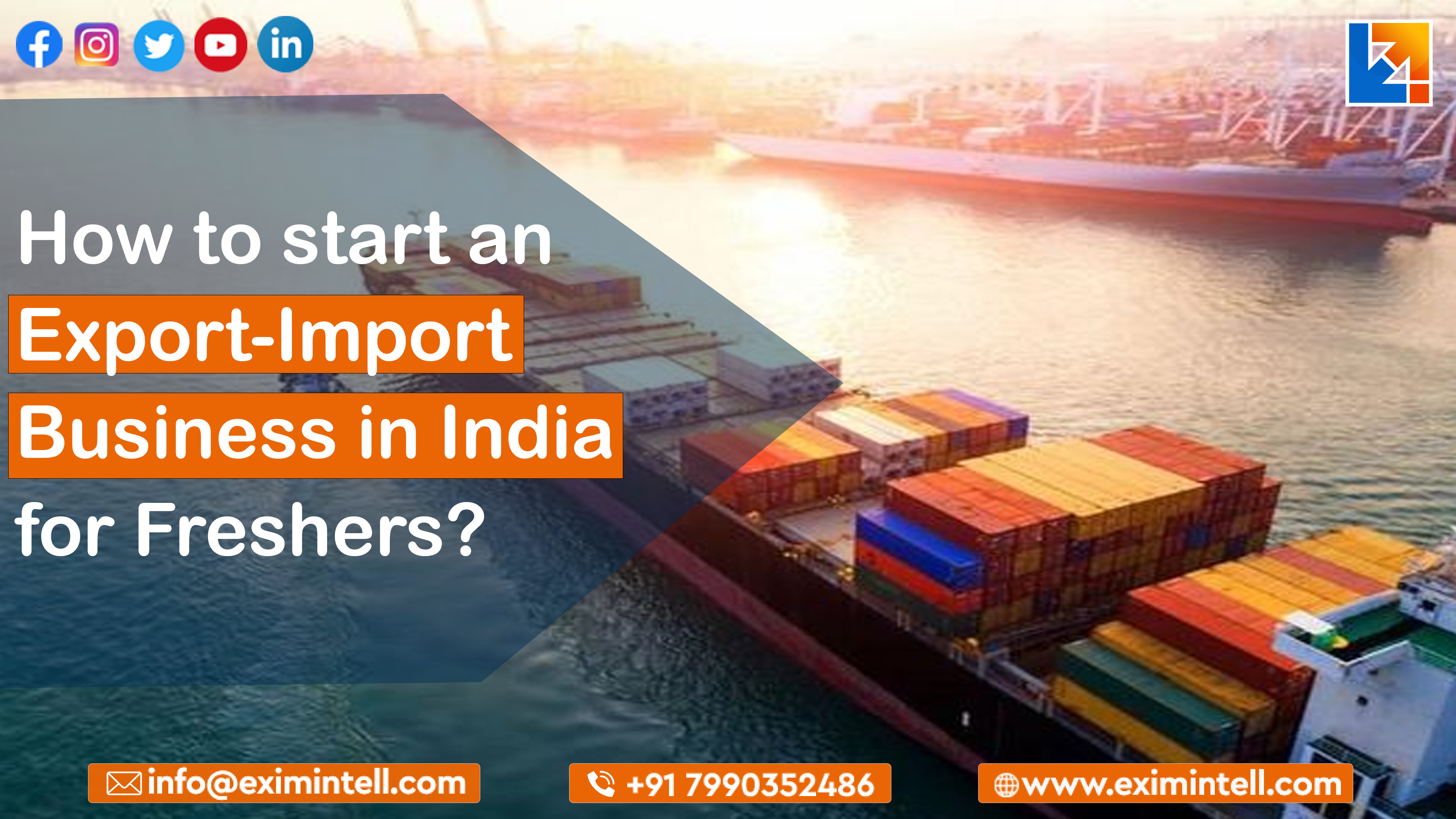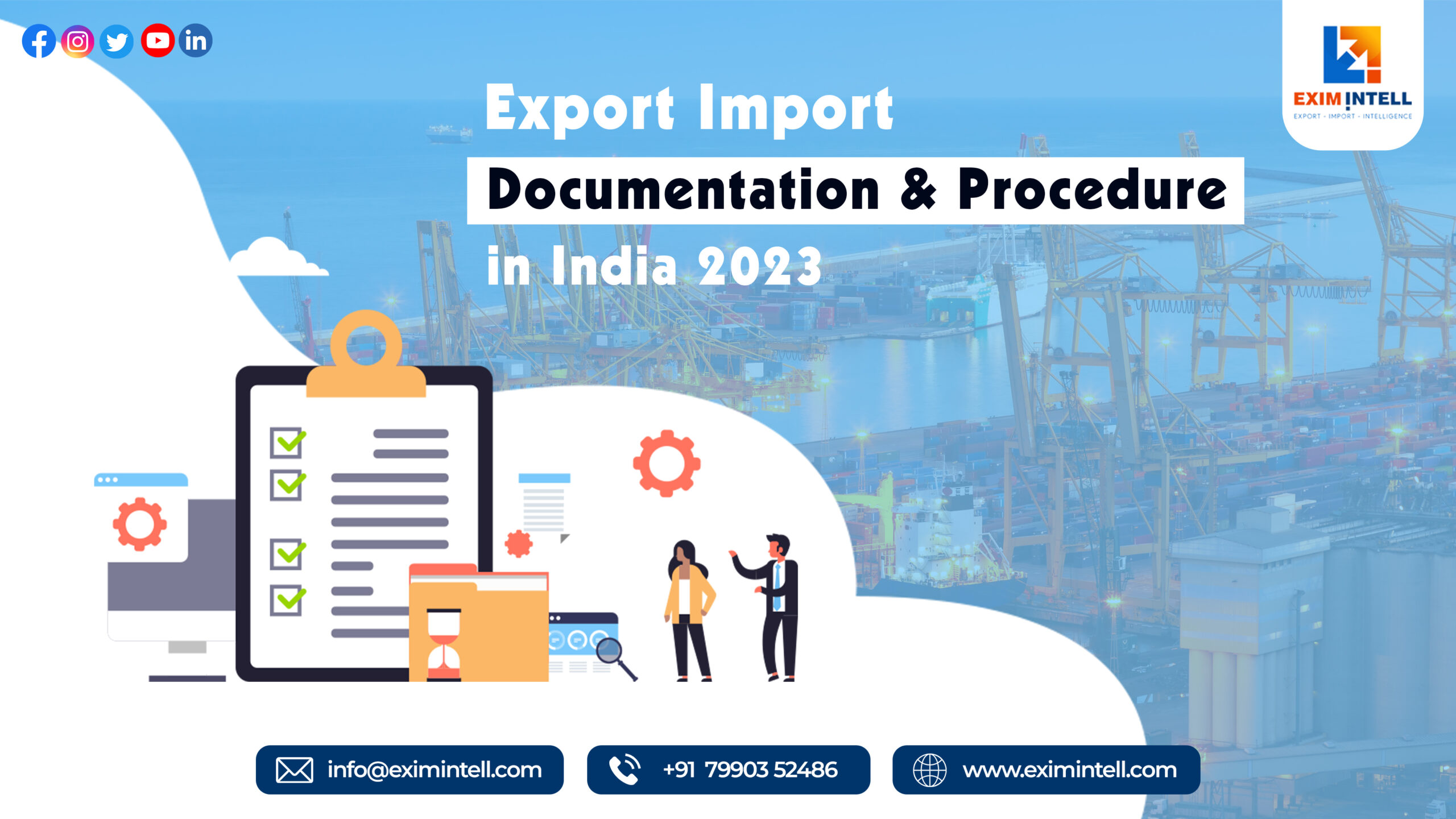Are you looking to expand your knowledge and skills in international trade? Do you want to become an expert in export-import operations? Then, look no further! India has some of the best Export Import Institutes that provide comprehensive training programs for professionals and aspiring individuals. In this blog post, we will introduce you to the top Export-Import Institute in India, which offers practical insights into global trading practices. With their expert guidance and hands-on experience, you can unlock new opportunities and succeed in international business. So get ready to embark on a transformative journey toward becoming a trade expert with our recommended institute!
Introduction to Export Import Institute in India
If you are looking for an institute that offers the best Export Import course in India, consider admission to an Export Import Institute. The institute is located in Delhi and is one of the most popular institutes for providing education and training related to international trade. It has been operational for over 20 years and has helped thousands of students advance in their careers by offering them quality education.
The institute offers both diploma and degree courses in international trade, which can be completed within 1-2 years. After completing the course, students can find employment opportunities in various companies involved in international trade. Alternatively, they can also start their own export-import business.
The Export-Import Institute offers several benefits to its students. Some of these include:
– Industry-relevant curriculum that is regularly updated to keep pace with the latest developments in the field of international trade
– experienced and knowledgeable faculty members who are experts in their respective fields
– strong industry partnerships that provide students with access to the latest information and resources
– modern facilities and Infrastructure that includes a state-of-the-art library with a comprehensive collection of books, journals, and other resources related to international trade
– internships and placements for students in top export-import organizations.
Overall, the Export-Import Institute in India is an excellent choice for those pursuing international trade careers.
Benefits of Learning Trade Expert courses from the Best Export Import Institute
As the global economy has become increasingly interconnected, there is a growing demand for experts to facilitate trade between countries. Completing a trade expert course from a reputable Export Import Institute can provide you with the skills and knowledge necessary to succeed in this field. Here are some of the benefits of learning from the best:
1. You will receive comprehensive training on all aspects of international trade.
2. You will gain an understanding of the legal complexities involved in this area.
3. You will develop negotiation and communication skills essential for success as a trade expert.
4. You will have access to a network of professionals who can offer advice and support.
5. You can find opportunities to use your skills in various settings, such as government agencies, NGOs, or private companies.
Topics Covered in courses at the Best Export Import Institute
Courses at the Best Export Import Institute cover a wide range of topics related to international trade. Here are some of the most popular topics covered in our courses:

-Introduction to International Trade: This course covers the basic concepts of international trade, including an overview of the global trading system and the different participants in international trade.
-Trade Finance: This course covers the various financial instruments and methods to finance international trade transactions.
-International Marketing: This course covers principles and practices of marketing goods and services in international markets.
-Export Management: This course covers the procedures and documentation required for exporting goods from India.
-Import Management: This course covers the procedures and documentation required for importing goods into India.
How to find a Trusted International Trading Partner?
When you are looking for a trusted international trading partner, there are a few things that you need to take into consideration. You first need to find a reputable Export-Import Institute in India that can provide you with the resources and information you need to become a trade expert. Many institutes are out there, but not all are created equal. You need to find one that has a good reputation and is known for providing quality information.
Once you have found a reputable institute, you next must research the different countries you can trade with. You must learn about their customs regulations, import tariffs, and other important information. This will help you determine which country is best for your business. After you have gathered all of this information, you can start looking for potential trading partners in those countries.
There are many ways that you can find potential trading partners. One way is to attend trade shows and exhibitions. These events usually bring together businesses worldwide, allowing you to meet potential partners face-to-face. Another way is to search online directories or social networking sites. This will enable you to contact potential partners directly and learn more about their business operations.
What are Different Strategies for Risk Management and International Trade?
Different strategies for risk management and international trade are as follows:
1. Diversification: This famous risk management strategy involves spreading your investment across different asset classes, industries, and countries. This ensures that your portfolio is not adversely affected by the performance of any one particular security. For example, if you have invested in stocks of companies from only the IT sector, your portfolio will be at greater risk if there is a downturn in the industry. However, if you have diversified your investments across different sectors, even if one sector performs poorly, the other sectors will offset the losses and help your portfolio grow.
2. Hedging: This is another common risk management strategy that helps you protect your portfolio from losses due to adverse market price movements. For example, if you are holding shares of ABC company and expect the stock prices to fall in the future, you can sell ABC shares and buy XYZ shares (which are less likely to fall). This way, even if the prices of ABC shares fail, you will not lose money, as XYZ shares will offset the losses.
3. Arbitrage: This is a more sophisticated form of hedging where you take advantage of differences in the price of identical or similar assets in different markets. For example, if shares of Company A are trading at $10 in Market X while they are trading at $11 in Market Y, then an arbitrageur can buy shares in Market X and sell
Tips for getting Exporting/Importing Business Started.
When starting an exporting or importing business, you need to keep a few key things in mind. First and foremost, you need to ensure that you clearly understand the market you’re looking to enter. Do your research and develop a deep knowledge of the ins and outs of the industry.
It would help if you also had a solid plan in place. Know what products or services you want to export or import, and have a clear vision for your business. Developing a detailed business plan will help you map out the steps you need to take to achieve your goals.
Always remember that starting an exporting or importing business can be complex and challenging. There will be obstacles along the way, but if you stay focused and driven, you can overcome them and build a successful business.
Conclusion
Becoming an export-import expert in India is a great way to get ahead, and the best way to do that is by getting a quality education. The Export-Import Institute in India is the perfect place for anyone wanting to learn everything they need to know about trade and international business. With its experienced faculty members, comprehensive courses, and hands-on experience opportunities, this institute gives students the tools they need to become successful exporters or importers of goods. Investing in your career has always been challenging with the Export Import Institute of India!





